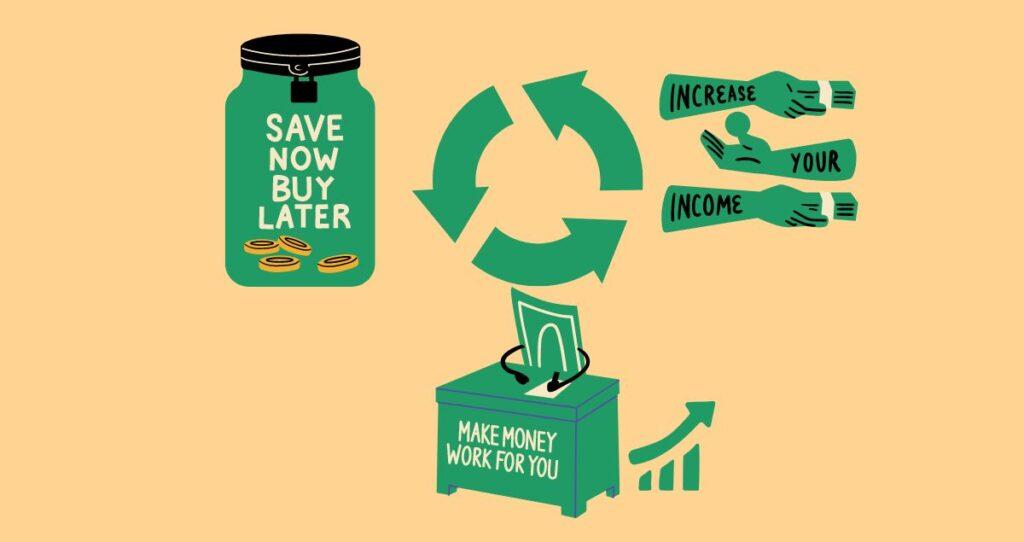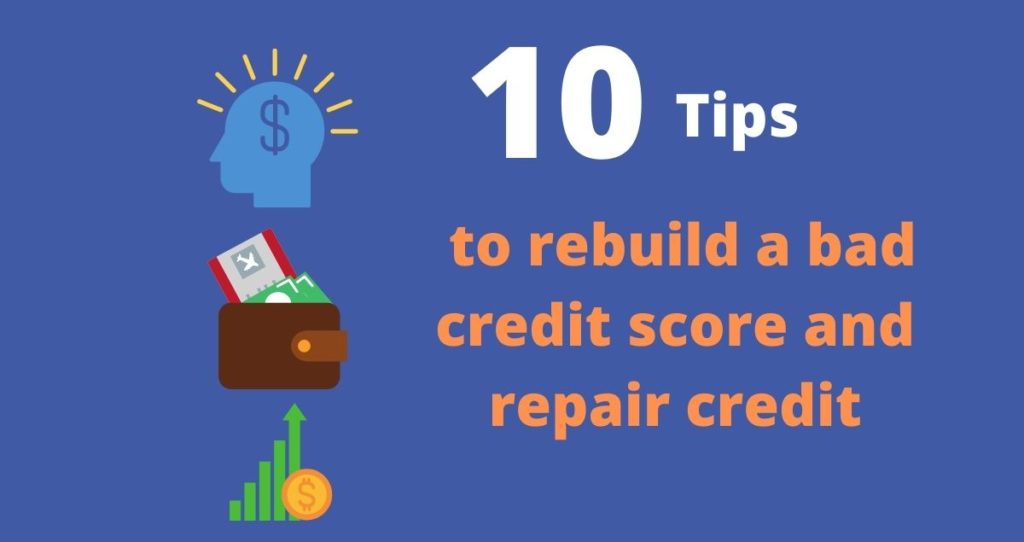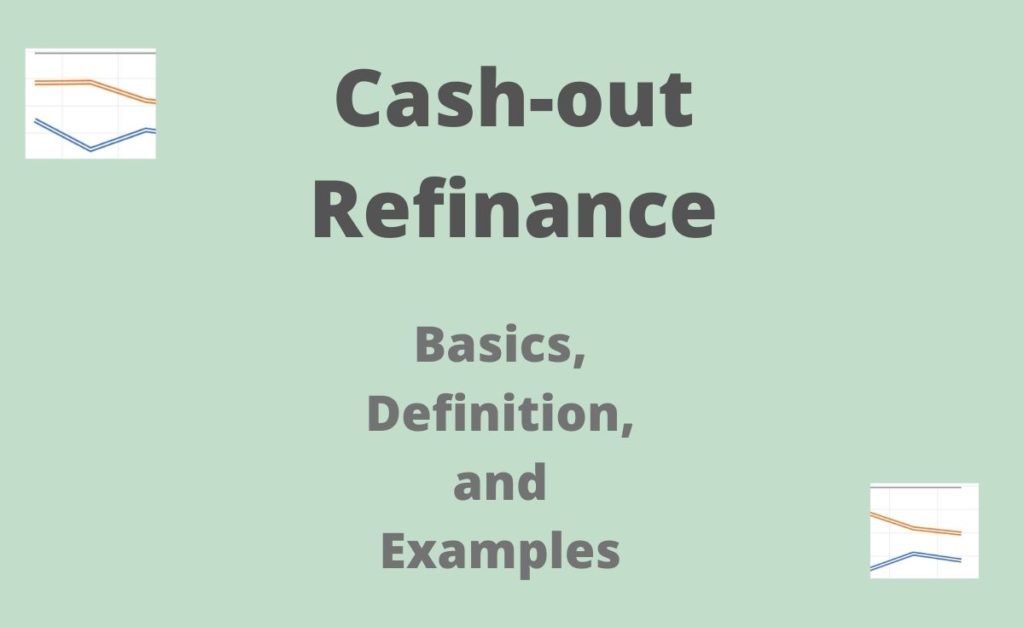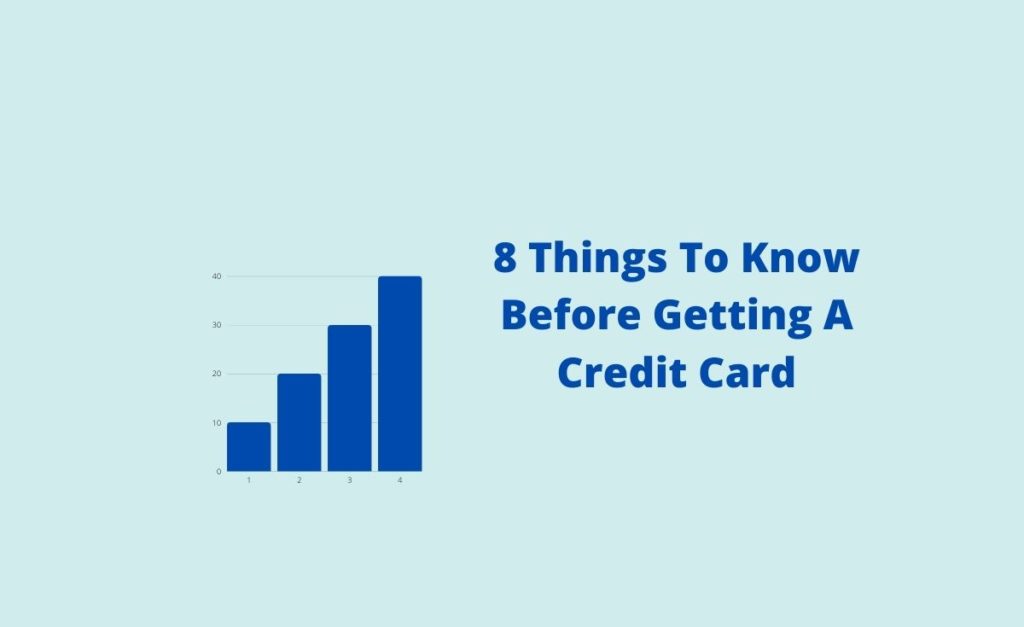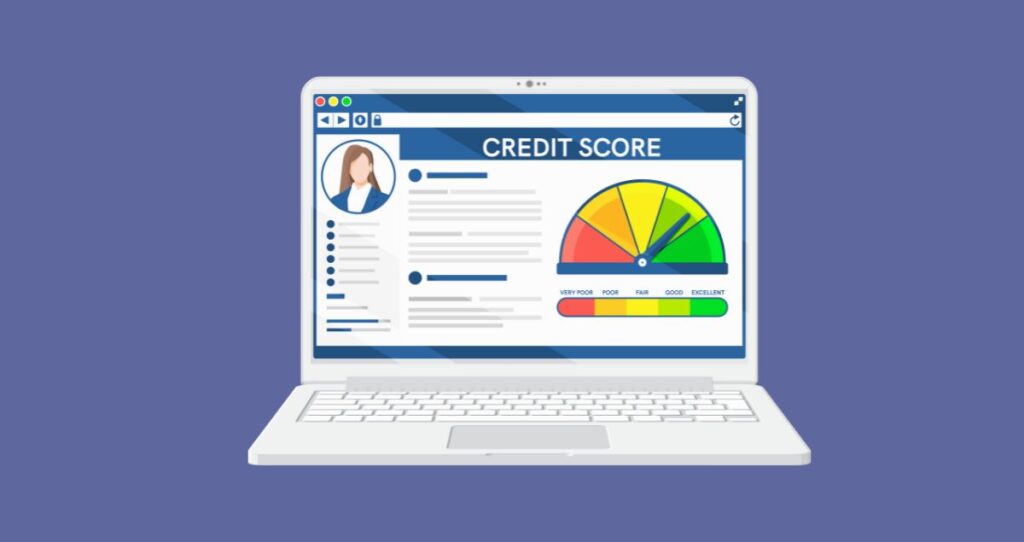What is a credit score? A credit score is a number that ranges from 300-850 and it is used to assess how likely a borrower will pay off loans and other credits. The closer your score gets to 850 the better. Your approval rate for a mortgage or a loan will depend on the quality of your score. To qualify for loans with lower interests, you will need a good credit score.
This magic number will be calculated based on your credit history. Credit history is nothing other than a collection of your debt and financial activities you had in the past.
Your credit history will be compiled into a credit report. Moneylenders will request a copy of your credit report when you are applying for a mortgage or a loan.
>>LEARN MORE: Credit score chart
How is my score calculated?
Your credit score will be calculated based on your credit history. Most of your past financial activities will be submitted to credit reporting companies. The following are some of the activities that will be submitted: Your payment history, loans/mortgages you had, the number of times you applied for credit, the number of open credit accounts you have, etc.
There are three main credit reporting companies in the U.S.A.
- Equifax
- TransUnion
- Experian
Once these companies receive your credit activities, they will put everything together and compile your credit report. The information from your report will be grouped into six main categories that will be used to calculate your credit score. The score you will get will depend on how well you did on each category.
>>LEARN MORE: Credit report overview
What are factors a FICO score is based on?
There are six main factors that will be used to calculate a credit score. These factors have different rates based on how important they are to moneylenders. For example, your payment history will affect your score the most compared to hard inquiries.
The following are factors on which a credit score is based on.
- Payment history
- Credit card use
- Number of open accounts
- Credit age
- Hard inquiries
- Derogatory marks
>>LEARN MORE: Factors used to calculate credit scores
How to improve my score?
Improving your credit score can be very difficult or easy depending on how you approach it and your financial situations.
You will be able to improve your credit score in no time if you follow proper methods and have the discipline to follow them.
You should always make your credit card and other debts’ payments on time. In addition, you must avoid overspending on your credit cards. Staying under 30% of your credit card use is important. The lesser credit you use on your limit the better.
The following are few tips you can use to improve your credit score.
- Make all your payments on time: Your payment history on credit cards and other debts will have a 35% on your credit score calculation. One missed or late payment can mess up your credit score.
- Find a way to get out of debt: The amount of debt you have will affect your credit score. The more debt you accumulate, the more you become a risky borrower. This is because as your debt increases, the interest will increase as well. As a result, it will be difficult for you to get out of this debt. This will affect your credit score and money lenders will downgrade you to a risky borrower.
- Do not use too much of your credit limit: Your credit card use will have a 30% on your credit score calculation. So, make sure that you use less percentage on your credit limit. Staying under 30% of your total credit limit is a good idea. However, you must try to bring your credit usage much lower and pay off every penny you used before the due date to avoid interest on the outstanding balance. The annual percentage rates (APRs) on credit cards are much higher than regular loans. For this reason, paying off all your balances before their due dates will help you protect your credit score.
- Avoid applying for many credit cards at once: Every time you apply for a credit card, you end up with a hard inquiry on your credit report. This inquiry will then reduce your credit score by 5-10 points according to Experian. In addition, a hard inquiry will stay on your report for 2 years. For this reason, do not submit a lot of credit card applications at once.
- Avoid bankruptcies, foreclosures, and related issues: These events become derogatory marks on your credit report. In short, they show investors that you are financially struggling and you cannot pay off your debt. You will lose a lot of points on your credit score from bankruptcy and related events. According to Credit, your credit score can drop more than 200 points (depending on your score); when you file for bankruptcy. So, avoid derogatory marks at all costs.
>>LEARN MORE: 8 Tips You Can Use To Improve Your Credit Score
>>LEARN MORE: How To Pay Off Credit Card Debt? 10 Tips I Used
>>LEARN MORE: How To Pay Off Debt? 11 Tips You Can Use
Why is a credit score important?
Your score will be used when evaluating your creditworthiness. This is one of the fastest and easiest ways moneylenders use to know if you are a good borrower. When you have a good score, moneylenders will give you money without a hustle.
Your credit score will also be used to calculate how much interest you will pay on the loan or mortgage. The better your score, the lower your interest charges will be.
Furthermore, your score can be used in other life events. For example, there are landlords and utility companies who will waive your deposit if you have a good score.

